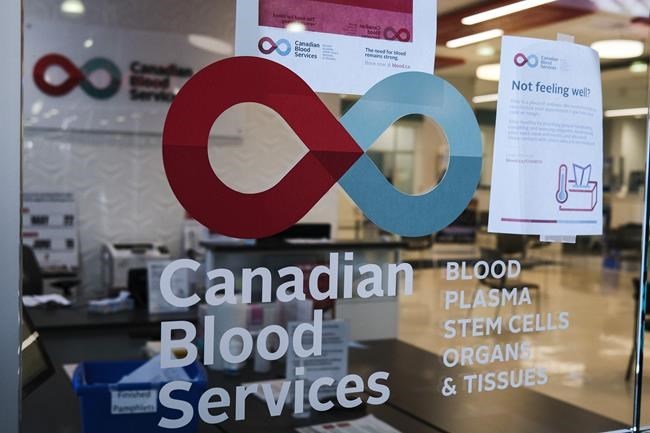A rebuttal to this editorial from MP Randall Garrison: Homophobia has no place in our blood donations��
One of Greater Victoria’s four MPs, NDP member Randall Garrison, is calling for blood collection agencies to abolish their policy that gay men cannot donate blood if they have had sex with another man during the preceding three months.
Garrison called the policy discriminatory toward gay and bisexual men, and stated that it perpetuates homophobia and transphobia. He said that the three month wait-time “doesn’t do anything but stigmatize people.”
As a member of Parliament, Garrison should know better. There is a very good reason for the wait-time.
Men who have sex with an HIV-positive male may not immediately exhibit symptoms of the disease. That is because the initial viral load passed on during sex may be undetectable at first.
It takes time for the virus to grow in strength. This is sometimes called the pre-clinical phase of the disease.
Around three months could pass before the viral load reaches elevations that can be revealed by the tests available to blood agencies. Prior to that wait-time, there is a very real chance the virus could be present in small amounts, and passed on to a recipient.
That, and only that, is the reason for the policy.
Notably, the wait time used to be one year. As tests grew more sophisticated that period was reduced to three months, where it currently sits.
This is a clear indication that blood collection agencies are employing science, not bias, as Garrison alleges, in determining safe wait-times. It is worth noting there are a number of far more restrictive prohibitions in place. No-one who lived in Britain during the outbreak of mad cow disease can ever again give blood in sa���ʴ�ý. Anyone with a history of Crohn’s disease, hepatitis B or C, multiple sclerosis and a host of other conditions is barred for life.
The purpose of these policies is not to perpetuate bias. It is to preserve the safety of blood transfusions, and equally important, to maintain public confidence in the system.
Many of us remember the grim details of the tainted blood scandal. Beginning in the late 1970s and early 1980s, more than 2,000 transfusion recipients in sa���ʴ�ý, many of them hemophiliac, were infected with HIV/AIDS. Most died.
As many as 30,000 recipients were infected with hepatitis C, then frequently also a fatal disease. A public inquiry found that the Red Cross, at that time responsible for blood collection, had failed to take appropriate precautions. More than 30 criminal charges were laid, including endangering the public.
Though these charges were later dropped after a fine was paid, the Red Cross was removed from this line of work, and two new bodies were created — Canadian Blood Services and Héma-Québec.
It’s worth noting that while modern drugs give most HIV-positive patients a life expectancy equivalent to HIV-negative individuals, that’s not the whole story.
Recent studies show that people with AIDS are more likely to develop serious additional ailments, on average 16 years earlier than people free of the virus.
In short, this remains a dangerous disease that can diminish quality of life significantly, and kill if anti-viral drugs are not immediately available, as remains the case in parts of the world. No vaccine is available.
This is the cautionary backdrop that explains the policies our blood collection agencies employ. We can ask no less of them.
It is quite possible that with advances in technology, the current wait-time of three months may be reduced. Conceivably it could be eliminated entirely. The Canadian Blood Services agency itself calls the current deferral period “an incremental step.”
Nevertheless, sa���ʴ�ý’s chief public health officer, Dr.��Theresa Tam, has warned that any policy changes must be based on science alone, that is to say, subject to ongoing research and the development of more sensitive tests.
With surgeries that were postponed due to the COVID-19 outbreak now being ramped up again, our blood agencies have every incentive to maximize the collection of blood and plasma. Anyone who can donate is encouraged to do so.



